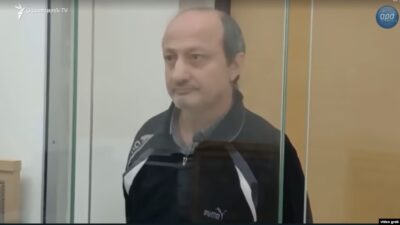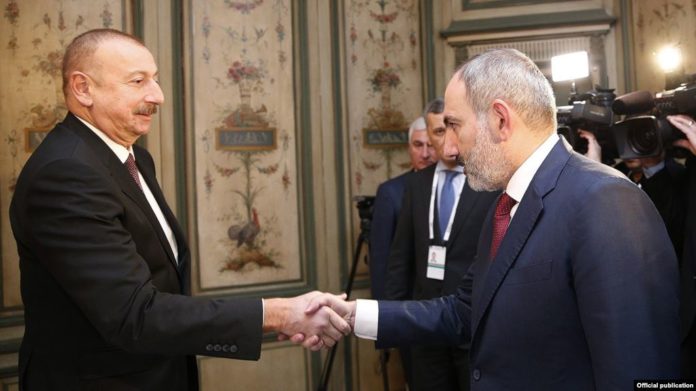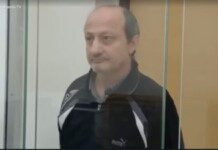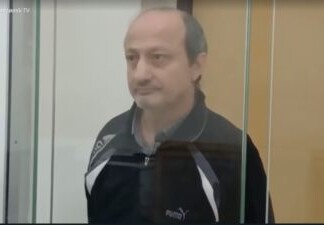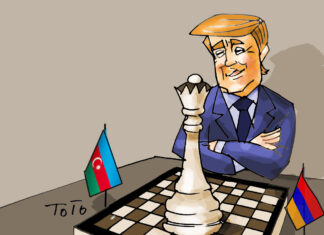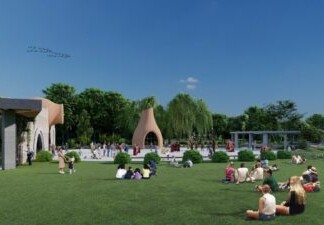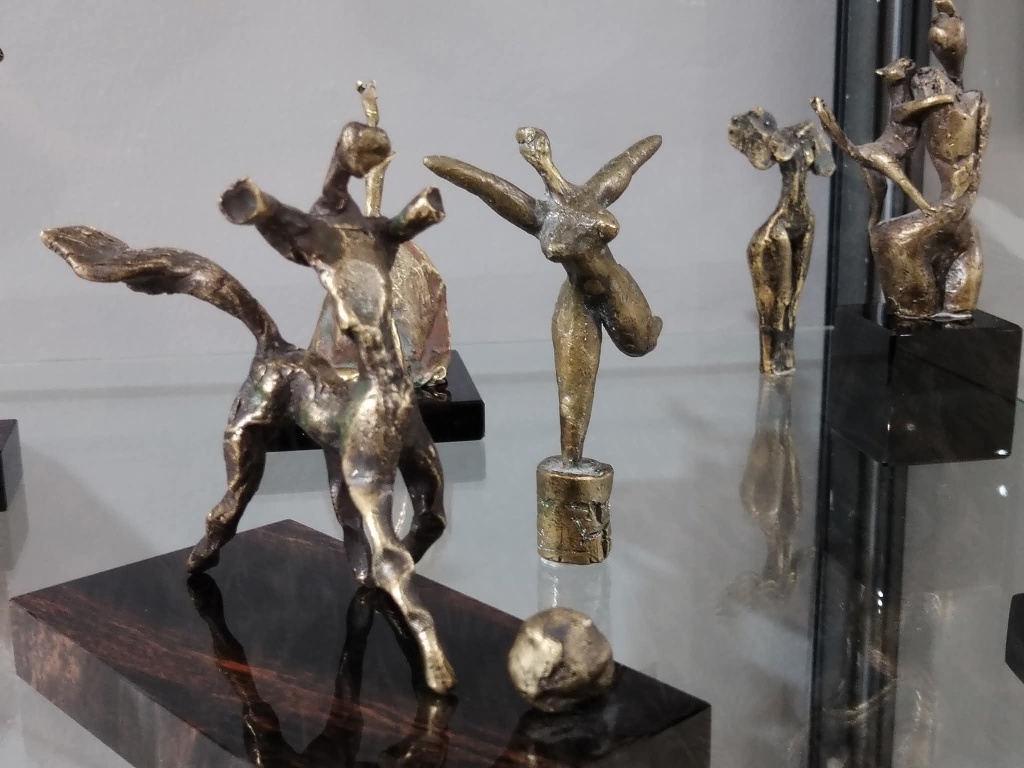MUNICH (Combined Sources) — Armenia’s Prime Minister Nikol Pashinyan and Azerbaijan’s President Ilham Aliyev publicly butted heads over the unresolved Nagorno-Karabakh conflict after holding fresh talks in Munich on Saturday, February 15.
Aliyev and Pashinyan gave no indications of major progress towards the conflict’s resolution when they spoke during a panel discussion at the annual Munich Security Conference.
Pashinyan said that Karabakh had never been part of an independent Azerbaijani state and that its predominantly Armenian population exercised its right to self-determination during the collapse of the Soviet Union. He also called on the international community to “make clear” to Baku that there can be no military solution to the Karabakh conflict
“The international community should first and foremost explain that Nagorno-Karabakh is Azerbaijan and, secondly, exert pressure on the aggressor,” countered Aliyev.
The public discussion, moderated by a former senior US defense official, followed a brief meeting between the Armenian and Azerbaijani leaders. No details of those talks were immediately made public.
Aliyev and Pashinyan met in the southern German city two weeks after their foreign ministers concluded two days of negotiations in Geneva held in the presence of US, French and Russian mediators.
